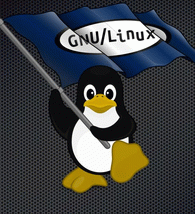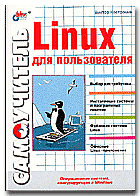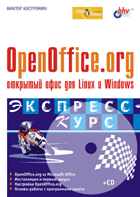Библиотека сайта rus-linux.net
What are the common problems with threads?
Several problems with threads originate from a classic view and its intrinsic concurrency complexity.
Classic View
In many other multithreaded OSs, threads are not processes merely parts of a parent task. Therefore, the question of "what happens if a thread calls fork() or (worse) if a thread execve()'s some external program" becomes problematic: the whole task could be replaced. The POSIX 1c standard defines a thread calling fork() to duplicate only the calling thread in the new process; and an execve() from a thread would stop all threads of that process.
Having two different implementations and schedulers for processes is a flaw that has perpetuated from implementation to implementation. In fact, some multitasking OSs have opted not to support threads due to these problems (not to mention the effort needed to make the kernel and libraries 100% reentrant). For example, the POSIX-compliant Windows NT does not to support threads (Windows NT does support threads but they are not POSIX compliant).
Concurrency Complexity
Most people have a hard enough time understanding tasks, never mind "chopped up tasks" or threads. The first problem while programming is answering the question: "What can be threaded in my app?". That, in itself, can be very laborious (see section on "What kinds of things should be threaded/multitasked?").
Another problem is locking. All the nightmares about sharing, locking, deadlock, race conditions, etc. come vividly alive in threads. Processes don't usually have to deal with this, since most shared data is passed through pipes. Now, threads can share file handles, pipes, variables, signals, etc. Trying to test and duplicate error conditions can cause more gray hair than a wayward child.
|
|
|
|
|
|
| [Previous Page] | [First Page] | [Dictionary] | [Email Author] | [Next Page] |






